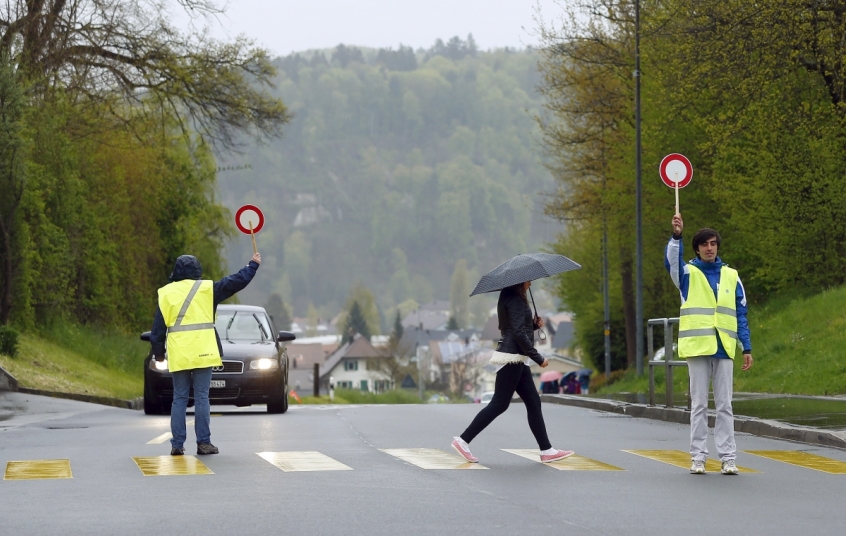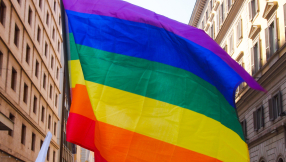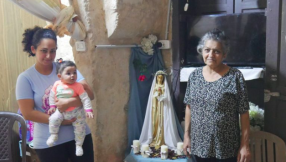
Increasing numbers of Muslim refugees to Switzerland and Germany are converting to Christianity, according to reports from the region.
The reports come after it emerged that in Germany, more than 2,000 Muslims have turned to Christ since 2014.
In Switzerland, the churches are not keeping a tally but counsellors on the ground are reporting similar trends.
The number of Muslim refugees who are converting to Christianity has increased during the refugee crisis, according to Switzerland's Counselling Centre for Integration and Religious Affairs.
Coordinator Kathrin Anliker told the Swiss edition of 20 Minutes: "In recent months we've been told mainly of Afghans and Kurds who have converted."
She said it could be to do with the radical interpretation of Islam that prevails in their own country and a resulting disenchantment among the population, which is leading to a new openness to other world views.
"On the other hand, it may also be that some who can now be baptised in Switzerland, were already Christian in their home countries but kept it secret for fear of persecution."
Philippe Dätwyler of the Reformed Church in Zurich also reported many conversions to Christianity in Switzerland's free evangelical churches. "The strong piety and the family atmosphere that prevail in the free churches meet the needs of convertsrather than the somewhat non-binding regional churches," he told 20 Minutes.
The Free Evangelical community runs services for Iranians and Afghans, led by a Persian Pastor, with new refugees constantly seeking to sign up.
Anliker said there were three reasons behind the trend: personal conviction is the first, using the church to integrate into society is the second. Thirdly, a few misguidedly believe that converting will help their case for asylum.
She also noted that for Muslims, where some Islamists believe apostasy must be punished by death, conversion can be dangerous. People who convert can be threatened by Muslims in asylum centres, and it could be extremely dangerous for them to return to their home country.
Léa Wertheimer, of the State Secretariat for Migration, made clear that each case for asylum was judged on its own individual merit, and conversion made no difference.
The Counselling Centre for Integration and Religious Affairs advises churches to consider any baptism of asylum seekers carefully to detect the true reasons for the change of faith. "If someone just comes to baptism, the churches should be cautious," says Kathrin Anliker, where such cases are exceptions. The purpose of the meeting should be to be able to trace the history of the person. "It is not about to lead a police interrogation, but to feel the motivation for the Christian faith."













